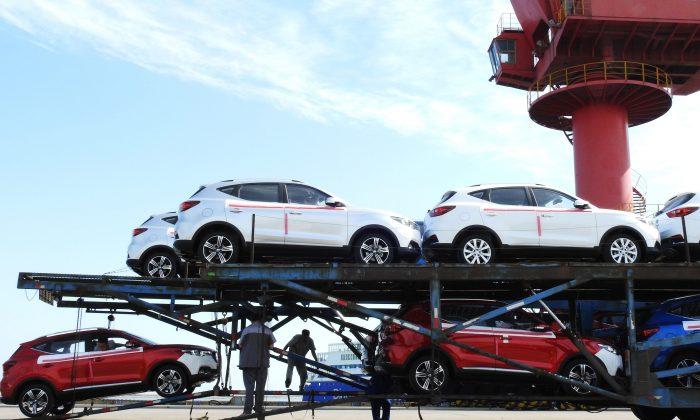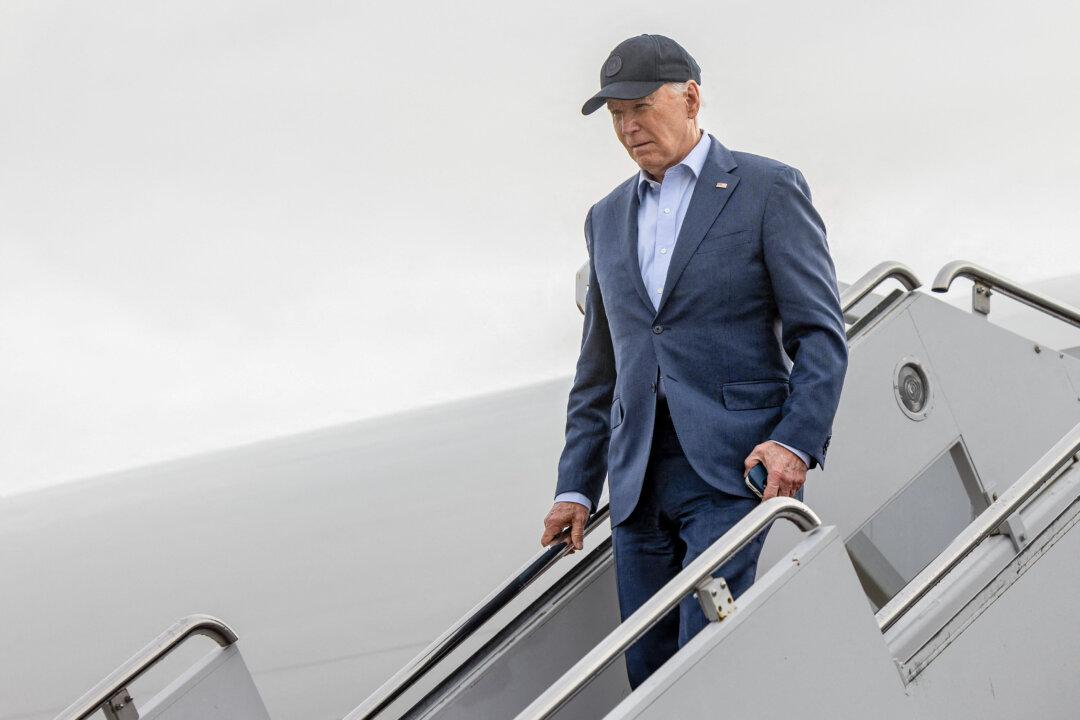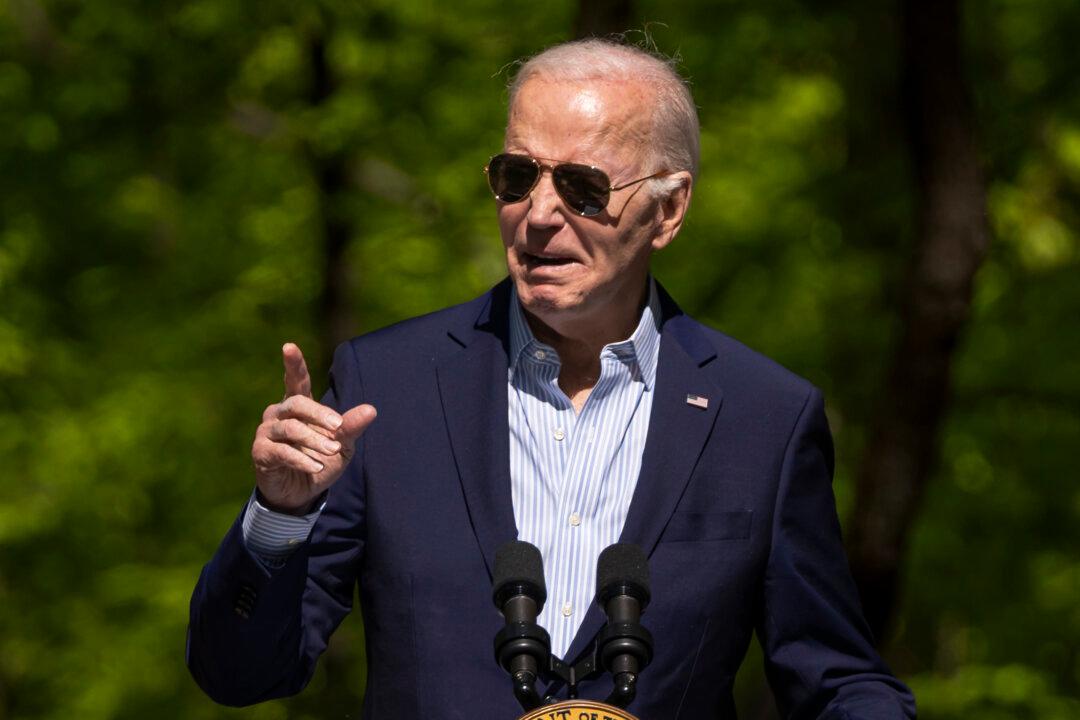The Chinese automotive market may get a boost from tax cuts as part of a stimulus plan amid slowing economic growth and an escalating trade war.
Last month, China’s car sales, which are considered an important gauge for the health of the economy, sank 11.6 percent, which was the third consecutive decline.
Key drivers for the steep fall were a sluggish economy, deleveraging, and tougher emissions tests, according to the China Association of Automobile Manufacturers.
To reverse the trend, China’s top economic planning body is planning to cut the tax on car purchases from 10 percent to 5 percent. This incentive will be applied to vehicles with engines sized 1.6 liters or smaller, which accounted for nearly 70 percent of the total number of passenger vehicles sold last year, according to the report.
The China Automobile Dealers Association has been pushing the government to reduce taxes on car purchases.
Following the news, stocks of European carmakers climbed, setting the pace for the European markets. Daimler was up almost 5 percent and BMW was up more than 4 percent.
Trade War
The trade war with the United States is putting pressure on Chinese economic growth, and the automotive sector is a key area that has been damaged by the ongoing tariff dispute.China recently lowered the levy on imported cars from 25 percent to 15 percent. It, however, raised tariffs on cars imported from the United States to 40 percent due to rising tensions with Washington. This raised concerns that the increased tariffs will result in a higher purchasing cost for Chinese consumers.
Despite the relatively small market share of imports, U.S. carmakers have a significant manufacturing footprint in the Chinese market of cars made locally. Auto exports to China were the third largest export category for the United States in 2017 after aerospace, and oilseeds and grains, according to the U.S. Census Bureau.
Due to the complexity of its supply chain, the automotive industry is more globalized than ever. Hence, the negative impact of the increased tariffs will trickle down through the entire supply chain and eventually lift the retail prices of many autos in the Chinese market, stated the PwC report.
Since his election in 2016, President Donald Trump has made trade renegotiations and reducing the trade deficit priorities of his administration. To meet his objectives, he began imposing tariffs on steel, aluminum, and Chinese goods. He has also ordered a national security investigation into car imports, which could result in tariffs of up to 25 percent on imported autos and auto parts.
Trump and Chinese leader Xi Jinping are expected to meet on the sidelines of next month’s Group of Twenty (G20) meeting in Buenos Aires. However, the White House may not address the ongoing trade war during the meeting, unless Beijing makes some progress in addressing Washington’s trade demands.
Global carmakers have recently cut their sales and profit forecasts for China, citing an uncertain economic outlook and trade tensions as key drivers. The sector overall has been negatively affected by a wider spending slowdown in China, as consumers are reluctant to spend money on big-ticket items due to the uncertainty.
Daimler lost more than a quarter of its value since its share price peaked in January this year.






Friends Read Free